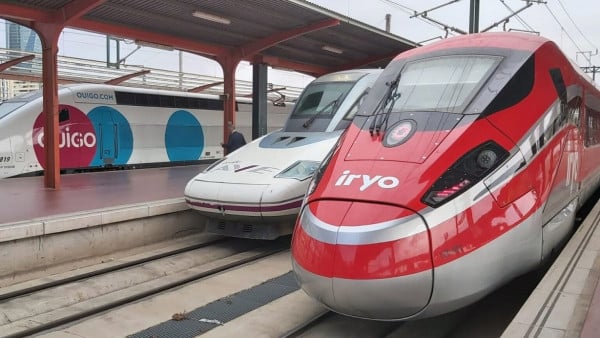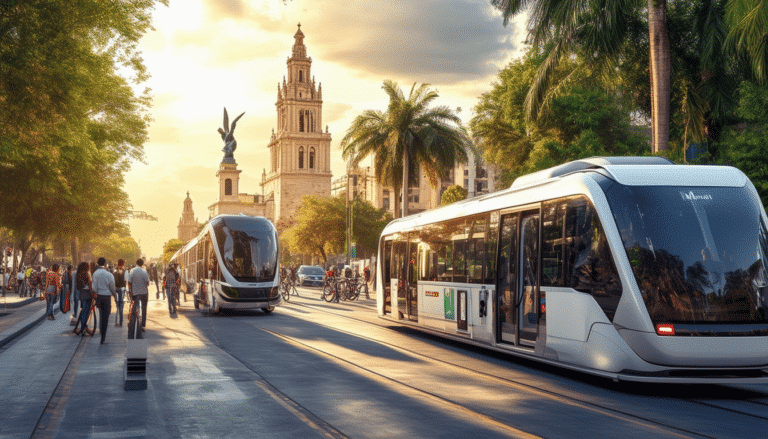Cómo reducir el consumo de gasolina en temporadas de alta demanda
Reducing gasoline consumption during peak demand seasons has become a crucial challenge for both the household economy and the environment. With the constant rise in fuel prices, it is essential to adopt effective strategies that not only optimize vehicle use but also enable a more sustainable driving experience. By making simple adjustments to driving habits and proper planning, it is possible to achieve a significant savings in gasoline expenses, thus contributing to a reduction of personal carbon footprint and the conservation of natural resources.
In a context where gasoline prices fluctuate and demand can increase dramatically, finding ways to reduce gasoline consumption becomes an essential goal. This article presents effective strategies to optimize vehicle use during periods of high demand. By adopting simple changes in driving habits, one can not only decrease expenses but also contribute to environmental preservation.
Optimize Your Driving Style
The way you drive can dramatically affect gasoline consumption. One of the keys is to avoid sudden accelerations and abrupt braking. Maintaining a steady speed not only saves fuel but also prolongs the life of the engine.
Utilizing cruise control on long trips is another effective way to optimize consumption. This technology allows you to maintain a constant speed, contributing to more efficient driving.
Regular Vehicle Maintenance
It is important to carry out regular vehicle maintenance to ensure that all systems function optimally. Oil changes, alignment and balancing of wheels, and fuel system checks are some of the key aspects to monitor. A well-maintained vehicle consumes less fuel, which is crucial during peak demand seasons.
Tire Pressure
Tire pressure is another factor that influences gasoline consumption. Underinflated tires can increase road resistance, leading to higher fuel use. Regularly checking tire pressure can translate into significant savings over the long term.
Eliminating Unnecessary Weight
Reducing the weight of the vehicle can be fundamental. Avoiding carrying unnecessary items and removing roof racks when not in use decreases resistance and improves fuel efficiency. Every kilogram counts, especially in a high demand scenario.
Route Planning
Planning routes before heading out can decrease the amount of gasoline used. Using applications that indicate traffic and the best routes helps avoid congestion that can cause the vehicle to consume more fuel. Additionally, grouping multiple errands into a single trip is an excellent practice to optimize vehicle use.
Use of Alternative Fuels and Efficient Technologies
Considering the use of alternative fuels can be an effective way to reduce gasoline consumption. Furthermore, staying informed about the latest vehicle technologies, such as hybrid or electric cars, can represent a long-term investment that not only saves on fuel costs but also reduces environmental impact.
Ecological Awareness and Responsible Consumption Habits
Promoting responsible consumption habits is vital in these matters. Carpooling, using public transportation when possible, and opting for short walks instead of driving for brief trips are decisions that, although small, can accumulate and result in a significant positive impact.
The Importance of Energy Efficiency at Home
Energy efficiency is not limited to the vehicle. Choosing appliances that consume less energy and educating all household members about responsible energy use also contributes to a more sustainable lifestyle. For more information, you can check this article.
Impact on Public Health
Reducing fuel consumption is not only beneficial for the wallet but also for public health. Fewer vehicles on the road mean less emissions and a cleaner environment. Learn more about this at this link.
Conclusion
By implementing these strategies, significant changes can be made in gasoline consumption, especially during peak demand seasons.
For more information on global fuel consumption reduction, check here.
Finally, the culture of recycling and its impact on fuel consumption are crucial aspects to consider. To delve deeper, visit this article.
It is possible, through small everyday actions, to create a significant change in how we consume and move, thus helping to promote a more sustainable future.
During peak demand seasons, it is essential to apply effective strategies to reduce gasoline consumption and thus minimize expenses. With rising fuel prices, every action counts. A first step is to opt for more efficient driving, which involves maintaining a constant speed and avoiding sudden accelerations. This practice not only saves gasoline but also contributes to a more sustainable behavior.
Additionally, it is advisable to keep the vehicle in good condition. Proper maintenance, which includes oil changes and tire checks, can significantly improve fuel efficiency. Remember that deflated tires increase rolling resistance, leading to a greater gasoline consumption.
Route planning is also key during peak demand seasons. Using navigation apps that avoid traffic and optimize routes can lead to a noticeable reduction in consumption. Likewise, carpooling can be a beneficial solution as it decreases costs and distributes ecological impact.
Finally, adopting sustainable driving habits is essential. This means avoiding unnecessary use of air conditioning and reducing the vehicle weight by removing unnecessary items. With these strategies, it is possible to face peak demand seasons more consciously, achieving significant savings on gasoline while also contributing to environmental care.




